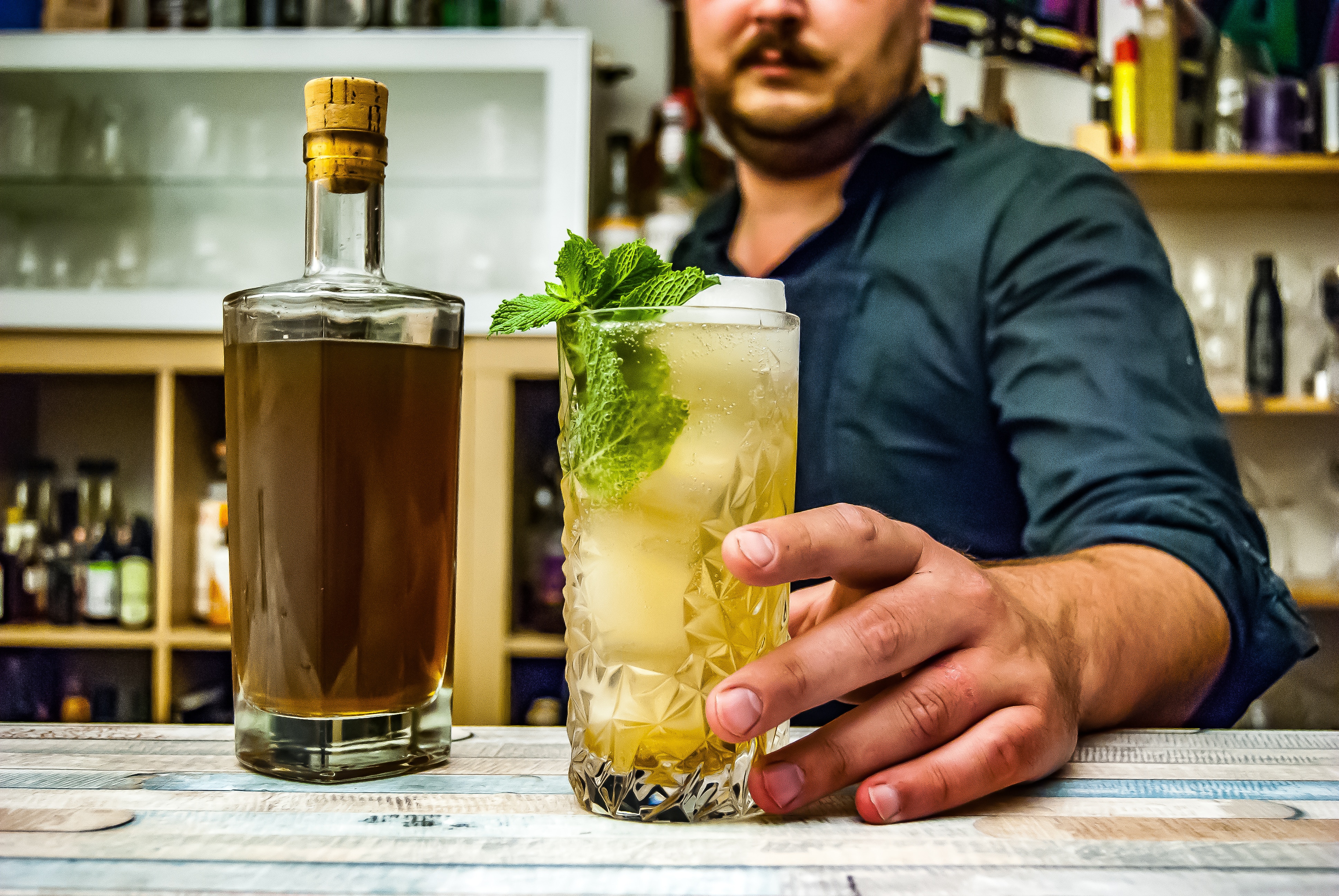One of the principal questions facing restaurant owners is whether or not it’s worth applying for a liquor license. Serving alcohol at your establishment will open the door to both opportunity and responsibility.
Alcohol sales can be great for bottom-line health, but be prepared for the added costs and continuous governance attached to consumer consumption. It’s up to you to decide which outweighs the other. Of course, many additional factors should be considered such as the size of your establishment, the breadth of drink options you plan on offering and the style of your restaurant.
Typically, it’s recommended to obtain a liquor license considering the nature of the hospitality industry and the many benefits associated with this product offering. However, there are some circumstances where it may not be suitable for your type of business, like if you run a franchise or if you are considered a breakfast restaurant. Otherwise, the addition of alcohol on a menu possesses great potential for business growth and profitability.
Why Obtain a Liquor License?
Nowadays alcohol consumption is socially accepted. Most Americans enjoy a cold beer during a sporting event or a glass of wine during date night. In fact, it's more uncommon to come across a restaurant that doesn’t serve alcohol. Even fast-food chain restaurants,like Starbucks and Taco Bell, are finding ways to incorporate beer and wine into their menus. By offering alcohol at your restaurant, you are serving the consumer demand for the full-fledged wine and dine experience they expect when dining out.

Another key motive for obtaining a license is added revenue. Alcohol has a very high-profit margin ranging anywhere between 20-40 percent. So, it is quite easy to make a bang from your buck when selling wine, beer, and liquor. In fact, the average restaurant makes over 20 percentof its sales from alcohol alone.
What Are Your Options?
There are several different kinds of licenses you can apply for.
1. Beer and Wine License: With this license, you will be restricted to only offering wine and beer and prohibited from selling any hard liquor or spirits.2. Restaurant Liquor License: This is the most common type of license since it allows you to serve wine, beer, and liquor as long as alcohol sales do not exceed 40 percent of your total revenue.
3. Tavern Liquor License: This is specific for establishments that plan on earning over 50 percent of their sales from alcohol. This license is more expensive and is intended for businesses that want to focus on drinks while still offering food on the side.
4. Brewpub Liquor License: This is for restaurants that plan on making their own in-house beer or wine to add on their menu.
5. BYOB License: This permit allows your customers to bring and consume their own wine or beer at your establishment.
What to Expect During the Process
Obtaining a liquor permit can be a long and tedious process with wait times of approximately one year from start to finish. Plus, your location can significantly affect costs, requirements, and waiting times. For example, some states have a liquor license quota which limits the number of permits they can grant at a given time. What’s more, prices can range anywhere from a few thousand dollars to a few hundred thousand dollars depending on the city of operation.

Your primary contact during this process will be your State’s Alcohol Beverage Control (ABC) agency who will provide specific laws and procedures that accompany your liquor license. This information includes what, when, where, and to whom alcohol can be served.
Do You Qualify for a License?
Before diving in head first, you want to make sure that you qualify for a license. Here are a few standard prerequisites:
- You must be the legal age of 21 years old.
- You may have to meet residency requirements such as living in the same place for at least 90 days before applying.
- If you have a criminal record, there is a high chance you won’t be granted a license.
- You may have to get a seller’s permit from your State Department of Revenue beforehand.
Additional Laws to Consider
Obtaining your license is only the beginning. With liquor being a highly monitored and controlled substance, you should be aware of the associated laws. For instance, there are many rules that surround promoting drinks through discounts and specials, such as Happy Hour or Ladies Night. Even more, there are numerous restrictions on when it’s legal to even serve alcoholic beverages; for example, no alcohol sales are permitted on Election Days (in select states). And, it’s important to remember that customers can’t cork and take home their unfinished wine bottles.
A liquor license can be a huge money-maker for restaurants. The key is choosing a permit that will meet your clients’ needs, complement your restaurant's business model, all the while adhering to the regulations set in place.
Does Your Restaurant Need a Liquor License? posted first on happyhourspecialsyum.blogspot.com

No comments:
Post a Comment